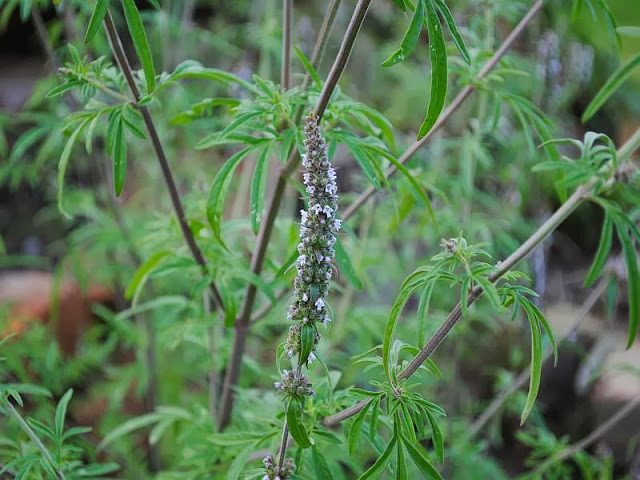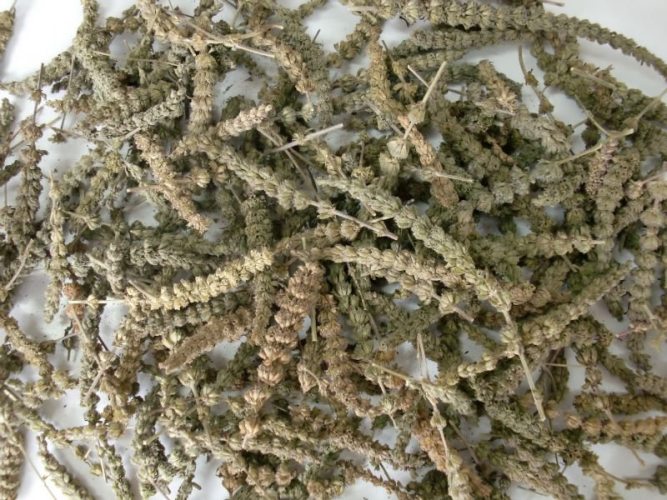Control sweating- both under and over active, antibiotic, styptic.[3]
[1] A Complete English Dictionary of Medicinal
Terms in Chinese Acupuncture and Herbalism 1981- Henry Lu Chinese Foundations
of Natural Health- The Academy of Oriental Heritage, Vancouver, Canada.
[2] The Chinese Materia Medica A practical English- Chinese Library of Traditional
Chinese Medicine Publishing House of Shanghai University of Traditional Chinese
Medicine. Director Hu Ximing ISBN 7-81010-111-X/R-110
[3] Translation notes from Gary Seiford and Hocu Huhn - NSW College of Natural
Therapies. Sydney Australia (1982).
[4] Chinese Herbal Medicine Materia Medica- Dan Bensky and Andrew Gamble- Eastland
Press 1986 Seattle Washington ISBN 0-939616-15-7
Images
1.
carpediem-living.blogspot.com.au
2.
alibaba.com  Schizonepeta
tenuifolia, Nepeta tenuifolia
荆
芥 Jīng
jiè Schizonepeta
Family: Labiatae
Schizonepeta
tenuifolia, Nepeta tenuifolia
荆
芥 Jīng
jiè Schizonepeta
Family: Labiatae
